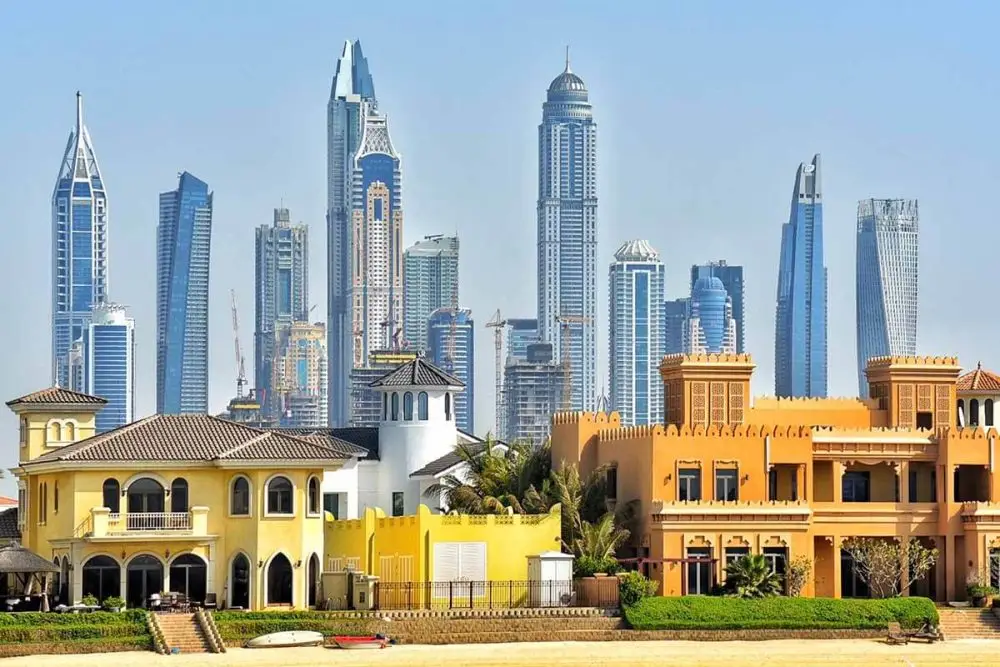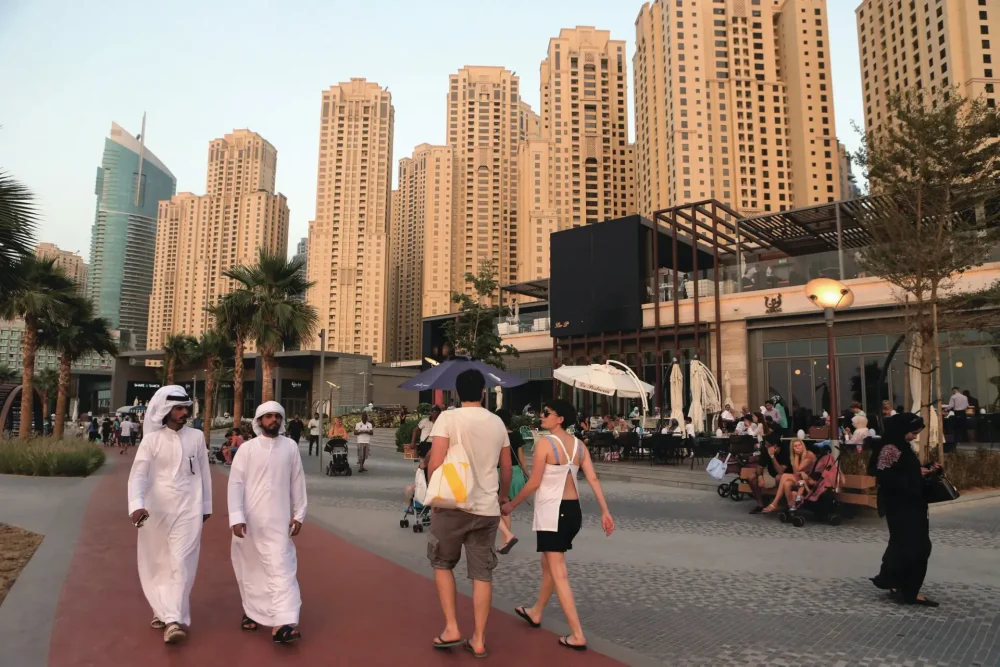
Property in Dubai offers unique opportunities for investors due to high demand, a stable market and favourable returns. Thanks to tax incentives and developing infrastructure
Read more
Obtaining citizenship through naturalization provides permanent access to rights previously available only to residents or temporary residents. This step requires compliance with certain conditions that demonstrate a connection to the host country. The need for naturalization is most common among those who have already lived in the country for an extended period, are employed, speak …

International financial flows are growing, and investing in overseas commercial property remains one of the main advantages in the process of capital diversification. The benefits are amplified against the backdrop of economic turbulence: assets abroad help to minimise currency risks, protect capital and enter more profitable markets. The commercial property sector demonstrates resilience even in …

Moving to the UAE for permanent residence from Russia offers Russians unique prospects for professional growth, improved living standards and cultural enrichment. The United Arab Emirates is a country that combines ultra-modern technology and ancient traditions, which makes it an attractive place to migrate to. Before making such a decision, it is important to study …

Investing in property is always about choosing a better tomorrow. In Dubai’s investment-friendly neighbourhoods, the future is today, and choosing the right location means not only getting returns, but also ensuring the sustainability of your investment. This is a city where futuristic architecture meets thoughtful infrastructure and livability. Each neighbourhood here is a unique combination …

Luxury property in Dubai attracts investors from all over the world due to its interesting architecture, high standards of living and impressive opportunities for capital growth. The metropolis offers a variety of housing options, from penthouses with panoramic views of the expanses of Dubai to exclusive villas on the Persian Gulf. The uniqueness of the …

Dubai’s property market has boomed in recent years due to a combination of favourable conditions for foreigners and rapidly developing infrastructure. Investing in housing here can bring tangible profits thanks to rising prices and rental demand. But how to buy a flat in Dubai correctly to avoid mistakes? In this article, we will look at …
High demand for rent and purchase: Stable interest
Property taxes in Dubai are minimal: Favourable conditions
The property market is stable and growing: Continuous price growth
Developing infrastructure improves the attractiveness of housing
Property in Dubai offers high rental income and promising investments. A stable market, low taxes and high demand for housing make this city an ideal choice for reliable investments. Investments in Dubai property provide not only a solid income, but also the safety of capital. Active infrastructure development and constant economic growth make the UAE an attractive destination for long-term investors
